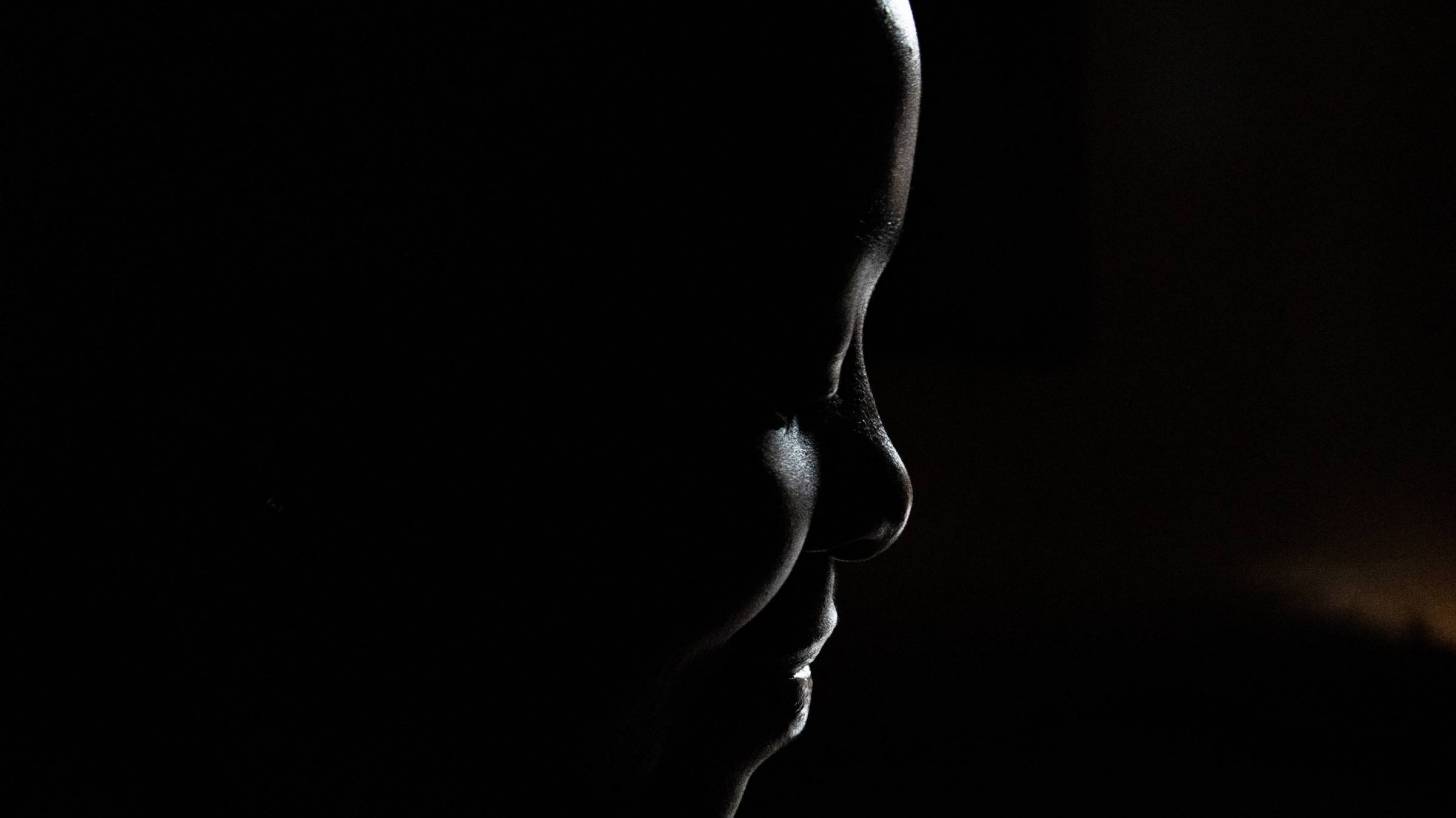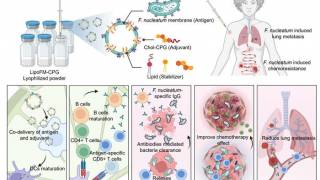HPV Vaccines Becoming More Available

Several vaccine manufacturers have pledged to ramp up human papillomavirus (HPV) vaccine supply availability for various countries.
MSD, GSK, Innovax, Serum Institute of India Pvt. Ltd. (SII) and Walvax announced their support for the Global Vaccine Summit 2020’s goals.
This is Gavi’s third investment conference, to raise at least US $ 7.4 billion in additional resources for the next 5-years to protect the next generation with cancer-prevention vaccines, reduce disease inequality and create a healthier, safer and more prosperous world.
This commitment is part of an ongoing UNICEF-led tender that aims to enable Gavi to dramatically increase its reach from 50 million girls, as initially planned, to 84 million girls during the next 5-year period, leading to the prevention of an estimated 1.4 million future fatalities from cervical cancer.
Dr. Seth Berkley, CEO of Gavi, the Vaccine Alliance, commented: “HPV is one of the most impactful vaccines in the Gavi portfolio, and country demand is currently far in excess of supply.”
“Today’s commitment has the potential to save more lives, and to take significant steps towards our common goal of a world free of cervical cancer.”
Gavi’s initial target to vaccinate 40 million girls between 2016 and 2020 was reduced to 14 million due to increasing global demand for, and limited supply of, HPV vaccine.
Currently, only two manufacturers, MSD and GSK, produce WHO-prequalified HPV vaccines.
Several others are developing HPV vaccines – including Innovax (whose vaccine is currently under review for WHO prequalification), as well as Serum Institute of India and Walvax.
UNICEF issued a tender in December 2019 for additional supply of quality-assured, WHO-prequalified vaccines to Gavi-supported countries and Gavi-transitioned countries for 2021 and beyond.
“This commitment is excellent news for millions of girls, as access to the HPV vaccine can make a difference between life and death,” said Etleva Kadilli, Director of UNICEF’s supply and procurement headquarters.
“Limited vaccine supply has been a great concern for UNICEF, as it often means that the most vulnerable populations are left behind. The increase in production and affordable pricing means that more countries will be able to make this life-saving investment and introduce HPV vaccines into their routine immunisation programmes.”
Cervical cancer is the second-most common form of cancer in women living in less-developed regions.
Eighty-five percent of global cervical cancer cases occur in low-income countries (LICs) and middle-income countries (MICs), with sub-Saharan Africa and Asia accounting for the highest incidence rates.
To date, Gavi has helped 30 countries introduce HPV vaccine demonstration programs, and 191 have successfully introduced the vaccine nationally.
Five of them, Malawi, Tanzania, Uganda, Zimbabwe and Zambia, carry among the 10 highest cervical cancer burdens in the world.
Roger Connor, President of GSK Global Vaccines: “We know that cervical cancer disproportionately impacts women in lower-income countries and that HPV vaccines offer an opportunity later in their life course for adolescent girls to connect with the health system.”
“We look forward to continuing to contribute to Gavi’s objective of reaching another 84 million girls with HPV vaccination in the next 5 years. Thanks to our work as partners in the Alliance, more countries can now protect women and girls, and safeguard their futures.”
Gavi, the Vaccine Alliance is a public-private partnership that helps vaccinate half the world’s children against some of the world’s deadliest diseases.
Vax-Before-Cancer publishes HPV vaccine news.
Our Trust Standards: Medical Advisory Committee

























